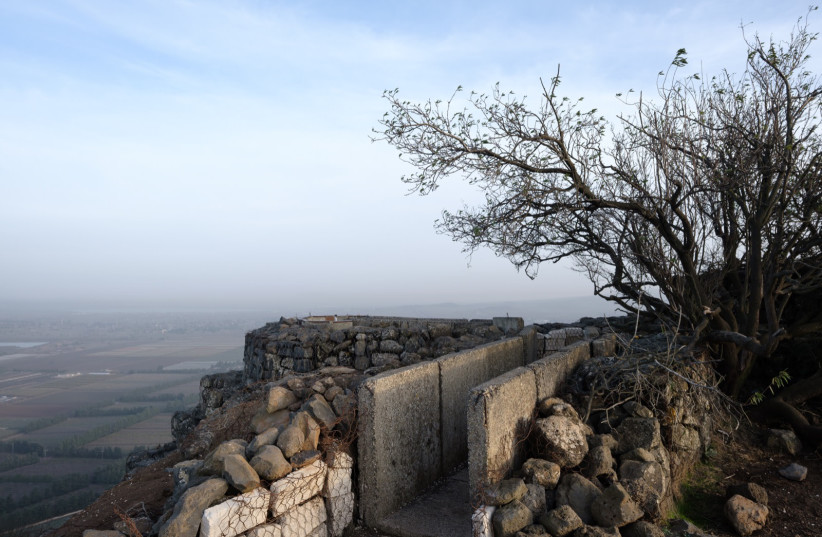Mid-December marks 40 years since Israel annexed two-thirds of the Golan Heights, captured from Syria in the 1967 Six-Day War. Officially, there remains a state of war between Syria and Israel.
For more stories from The Media Line go to themedialine.org
“December 14, 1981 is another black day in the history of the Golan,” according to Sheikh Qasem Mahmoud al-Safadi of Majdal Shams, one of four Druze villages on the Golan Heights.
He told The Media Line that his loyalty is with his motherland.
“We tell them the Golan is an inseparable part of the Syrian Arab Republic, and the annexation law was born dead, and its value is not worth the ink on which it was written. We are Syrian Arabs; we belong to the Syrian Arab people,” he said.
The fertile hillsides of the Israeli-controlled Golan are inhabited by some 25,000 Druze, an Arab minority who practice an offshoot of Islam. Many still have relatives on the Syrian side of the fortified frontier.

In addition to its strong strategic importance lying less than 100 miles from the Syrian capital, Damascus and overlooking northern Israel, it also controls the flow of water into the Sea of Galilee and the Jordan River.
Hassan Fakhruddin says Israel fired him from his job as a schoolteacher for urging his students not to accept Israeli citizenship.
